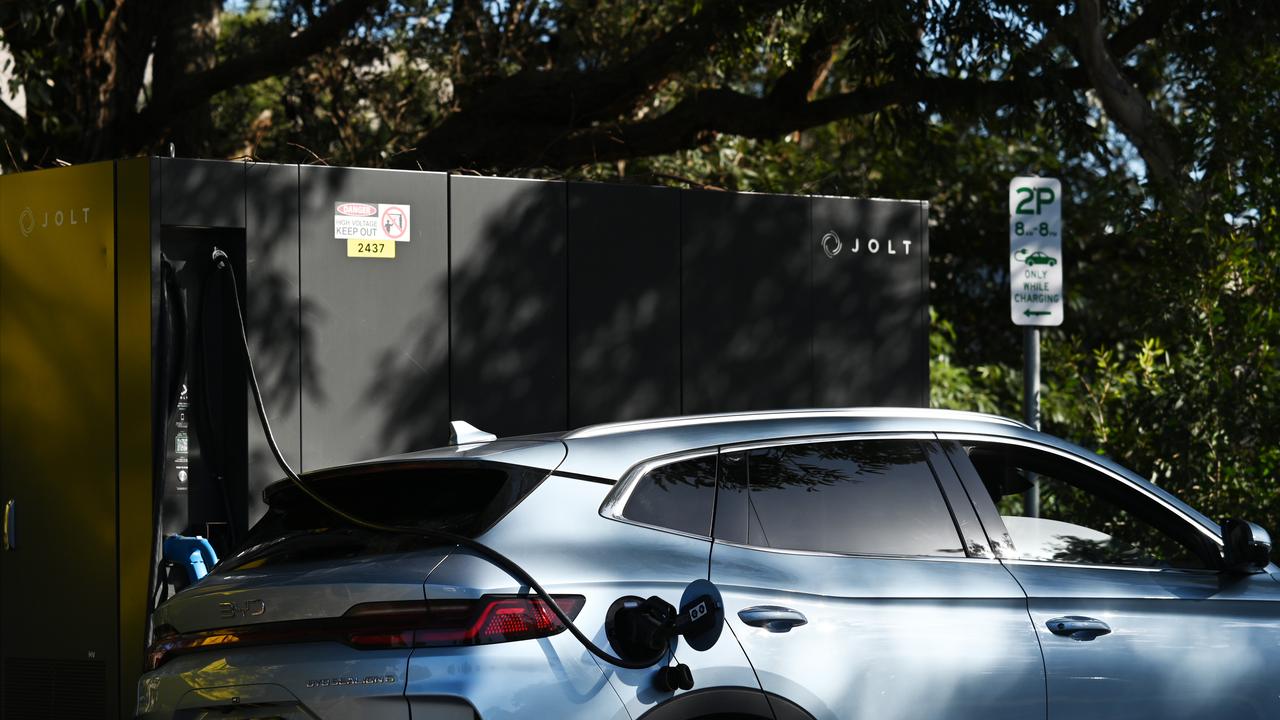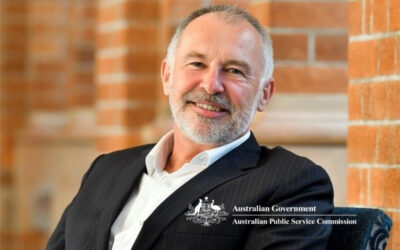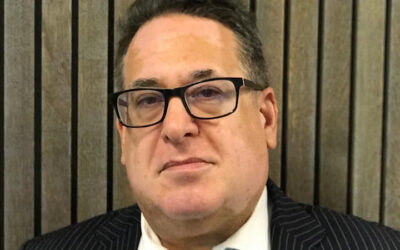Motorists could face distance-based fees to drive on Australian roads as part of a proposed tax change expected to be on the menu of Treasurer Jim Chalmers’ economic roundtable.
Momentum is building for a road user charge, seen by one federal frontbencher as a “sensible” solution to fund road maintenance as more people switch to electric vehicles.
But EV owners are urging the government not to slow the transition from internal combustion.
The tax change was flagged by the treasurer during a speech in June, saying he was working with the states and territories “on the future of road-user charging” for EVs.
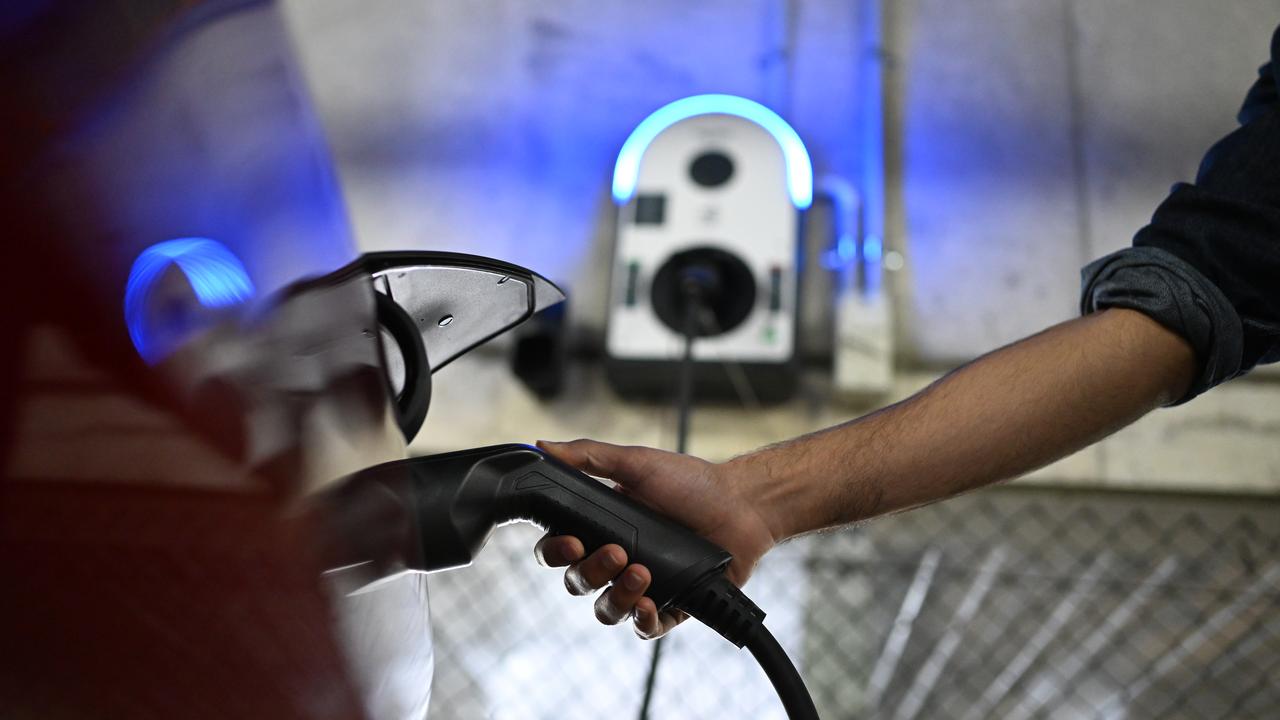
A group of transport industry leaders, convened by Infrastructure Partnerships Australia, met on Monday to discuss a preferred model for a road user charge.
Roads Australia chief executive Ehssan Veiszadeh attended the meeting and said without changes, Australia risked falling short on the infrastructure needed to support its growing population and economy.
Money collected as part of the fuel excise is allocated for fixing roads, but concerns have been raised there will be less set aside in coming years as the number of EVs increases.
“Without reform, we risk a future where our roads are underfunded, unsafe, and unable to support the demands of a growing population,” Mr Veiszadeh said.
No public recommendations were released from the meeting but the infrastructure partnerships group will use the discussion as the basis for a briefing to Treasury before next week’s roundtable.
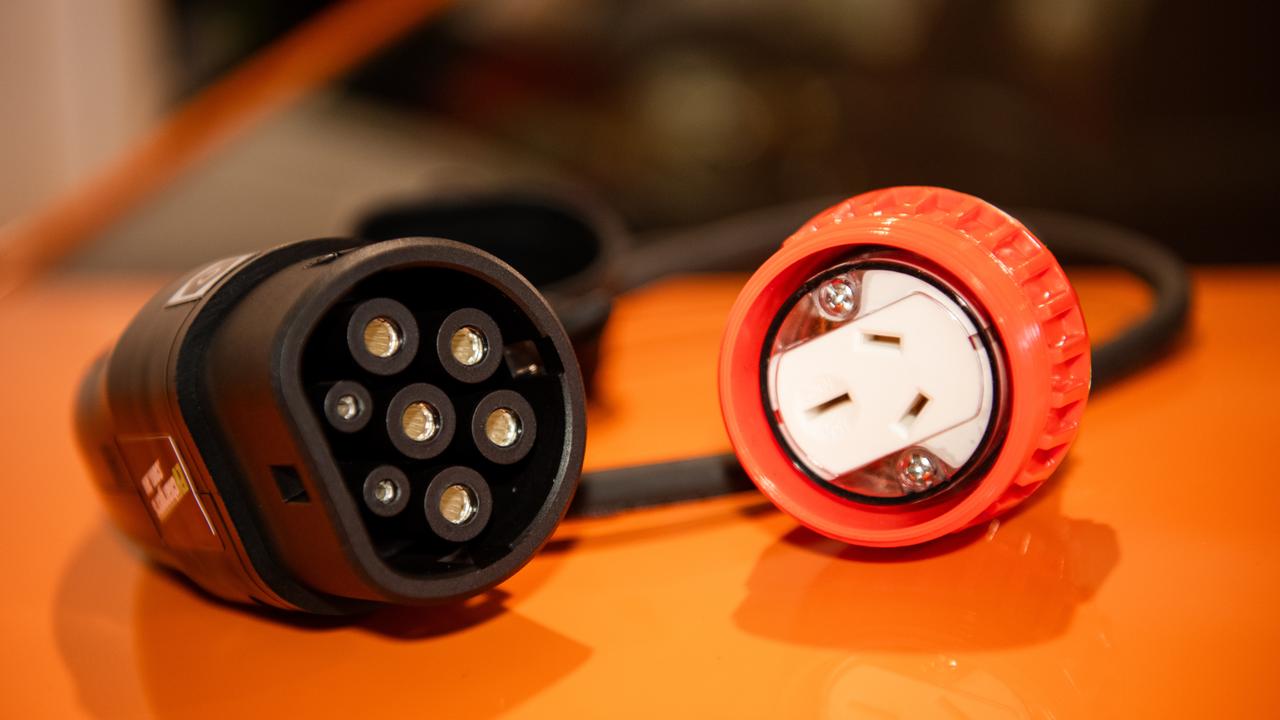
The government had an opportunity to promote EV uptake by using the revenue generated from a road user charge to roll out charging infrastructure, Infrastructure Partnerships Australia chief executive Adrian Dwyer said.
“The primary impediment to the greater uptake of electric vehicles is range anxiety – we can kill two birds with one stone by future-proofing our funding system and paying for the charging network that will drive EV uptake,” he said.
While the federal government has maintained the issue is for states and territories, frontbencher Tanya Plibersek said the idea of a tax for EV users made sense.
“I don’t think anything’s happening tomorrow, but I do think it’s sensible … for the states and territories, to look long term at what they do, to make sure that there’s enough money to build the roads that people want to drive on,” she told Seven’s Sunrise program.
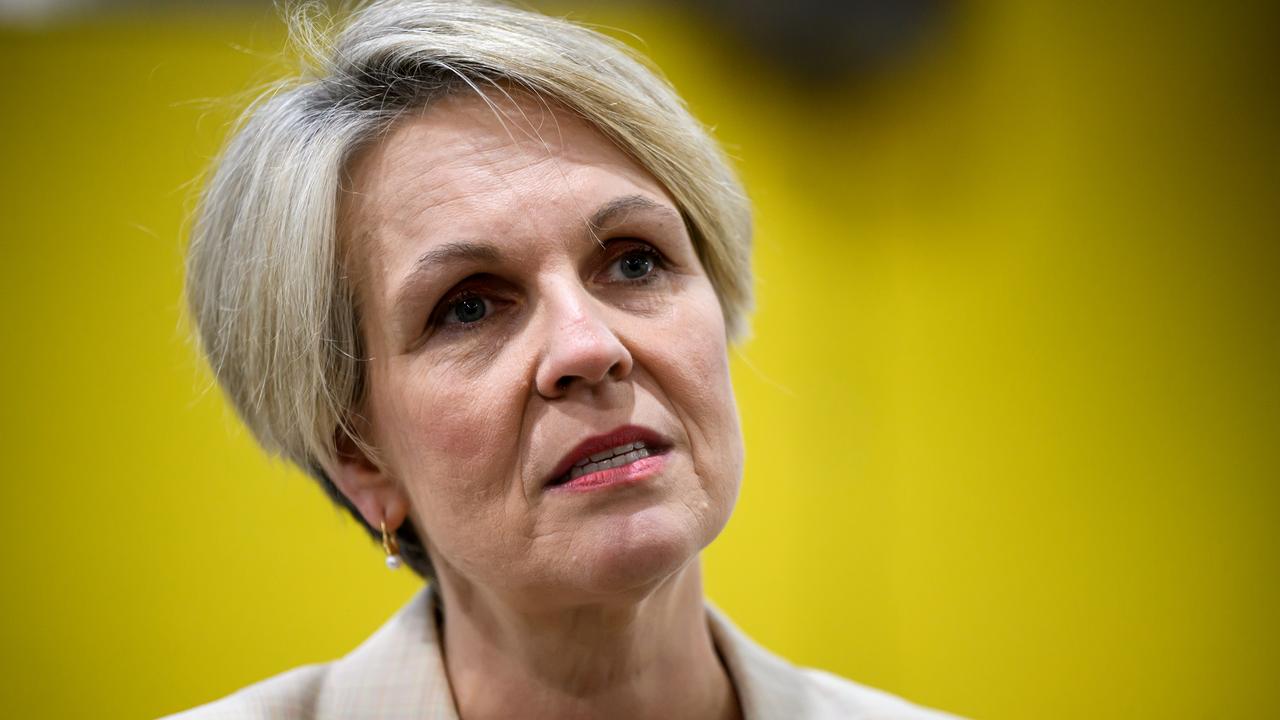
Victoria tried to put in place a two cent per kilometre charge on EV users in 2023, but the proposal was overruled by the High Court, effectively banning states from implementing a road user charge and leaving the issue in the lap of the Commonwealth.
NSW has assumed one will eventually be implemented regardless. In its latest budget, the state’s treasurer, Daniel Mookhey, forecast a road user charge kicking in by 2027/28, which is estimated to bring in $73 million.
New Zealand has a road user charge scheme for EVs based on vehicle weight and distance driven.
Last week the NZ government announced petrol cars would also have to pay the charge, while its fuel excise would be scrapped.
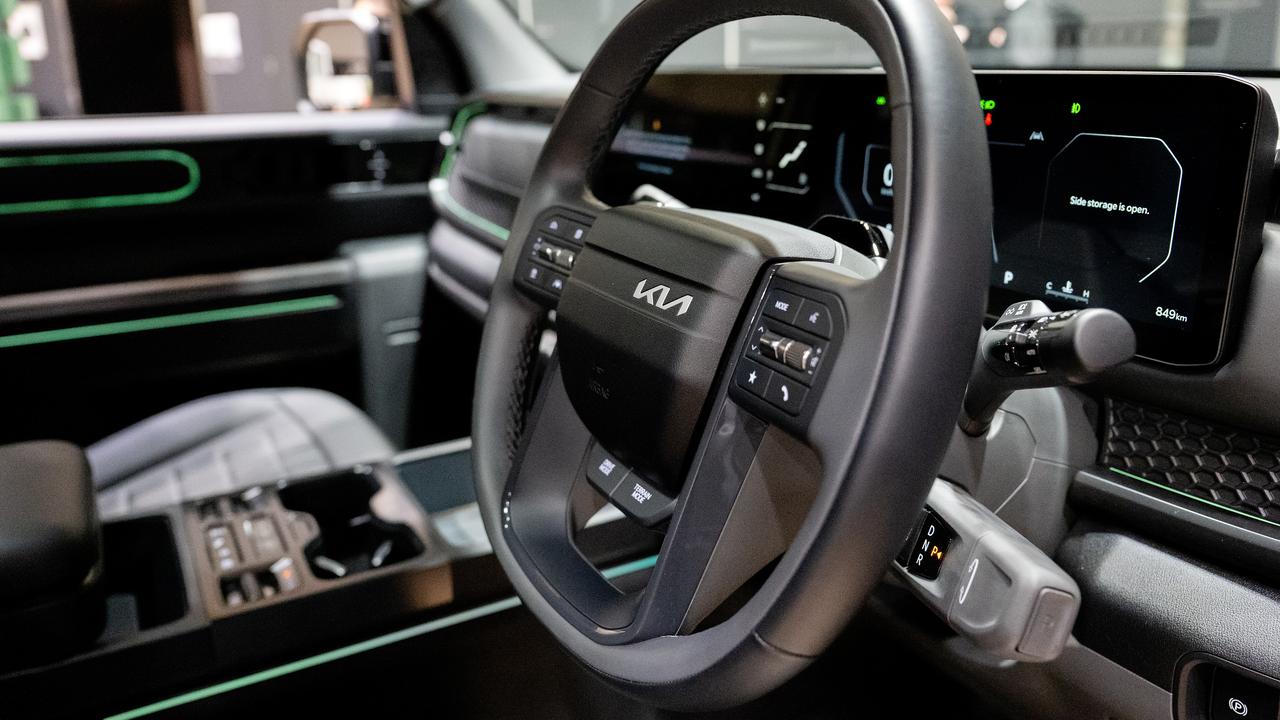
EV owners group the Australian Electric Vehicle Association said any road user charge must be universal and not incentivise internal combustion vehicles over EVs.
The introduction of road user charges should not slam the brakes on Australia’s shift to clean transport, Electric Vehicle Council chief executive Julie Delvecchio said.
“Reforms should only apply once electric vehicles reach 30 per cent of new vehicle sales.”
EVs accounted for about 12 per cent of new car sales in the first half of 2025.
Coalition senator Jane Hume said more needed to be done to fix ailing roads, which a broader road tax could achieve.
Australian Associated Press is the beating heart of Australian news. AAP is Australia’s only independent national newswire and has been delivering accurate, reliable and fast news content to the media industry, government and corporate sector for 85 years. We keep Australia informed.
